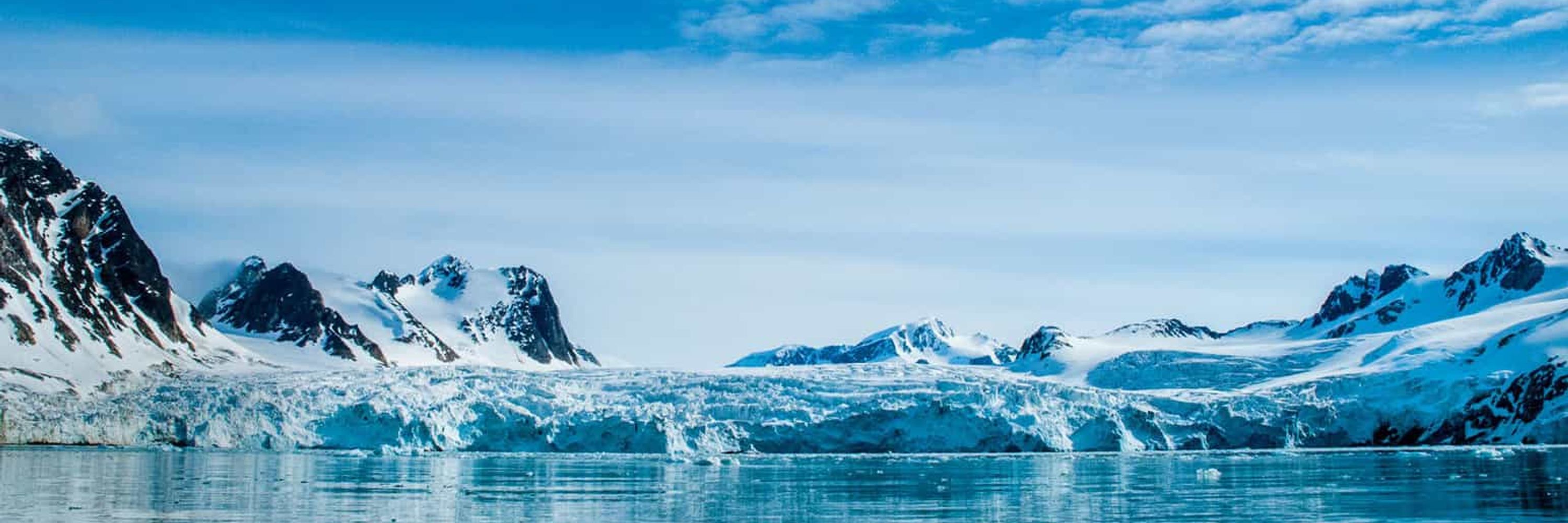XTREAM project
@xtream-project.eu
140 followers
420 following
140 posts
EU-funded project (101182278), we aim to unlock the industrial potential of extremophilic organisms to develop sustainable #bioprocesses
Posts
Media
Videos
Starter Packs









